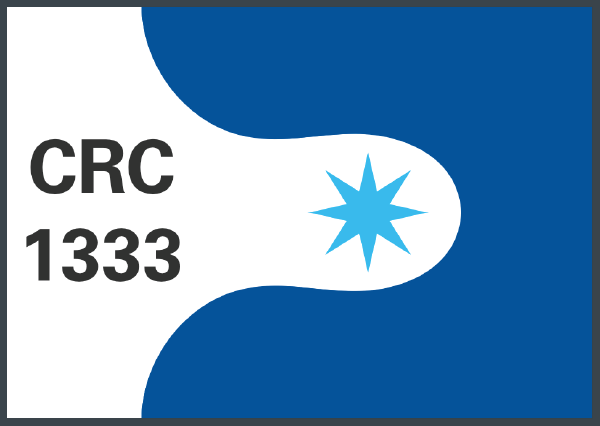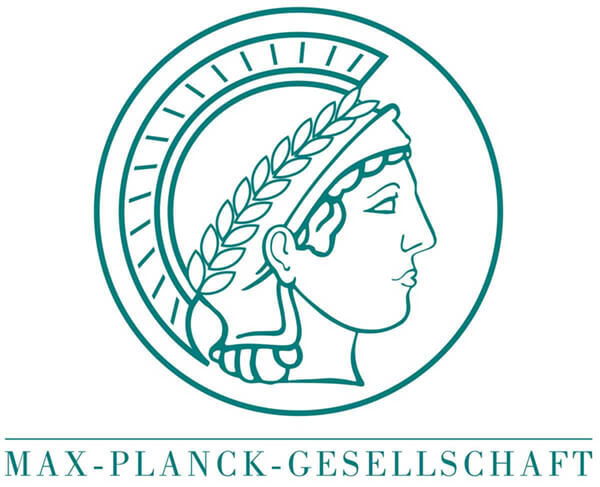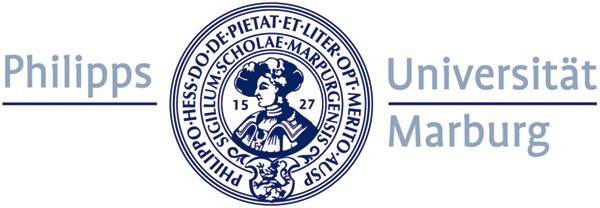
Prof. Dr. Stefan Naumann
University of Stuttgart
“Ordered Mesoporous Carbons with Defined Pore Sizes: Particles and Self-Supporting Films”
Using a library of “Reverse Pluronic”-type polyethers (PPOn/2-PEOm-PPOn/2) [1-3] in a soft-templating process, a range of well-defined ordered mesoporous carbon (OMC) materials has been prepared. Thus, > 150 different, tailor-made template polyethers have been employed this way to yield the corresponding OMCs with p6mm-symmetry (hexagonal pore arrangement). This allowed for mapping out the structure-property relationship between the polymer characteristics (overall molar mass (Mn), block lengths m and n, hydrophilic-to-lipophilic ratio) and the resulting OMC (especially mesopore diameters). Thereby, pore diameters of 6-18 nm could be addressed in a de facto continuous manner by adjusting the PPO block lengths within a certain bandwidth [4]. Raman-, SAXS-, WAXS-, EDX- and N2-sorption analysis underlined that, apart from the adjusted pore size, very similar OMCs are generated, providing a potentially powerful platform for studying confinement effects. While this works well for making OMC powders, the second funding period of CRC 1333 aims for transferring this principle to the preparation of self-supporting OMC films. Control over pore arrangement and surface chemistry is intended to deliver functionalized, porous carbon films which can be applied to other surfaces (e.g., electrodes) to enable electrocatalysis under confinement. Progress in the preparation of these films as well as the first results from electrocatalysis (CO2 reduction), provided by the Klemm Group, will be presented.
[1] S. Naumann, A. W. Thomas, A. P. Dove, Angew. Chem. Int. Ed. 54, 9550 (2015).
[2] A. Balint, M. Papendick, M. Clauss, C. Müller, F. Giesselmann, S. Naumann, Chem. Commun. 54, 2220 (2018).
[3] M. Felix, J. R. Bruckner, S. Naumann, Macromol. Chem. Phys. 1900437 (2020).
[4] M. Felix, C. Vogler, J. R. Bruckner, S. Naumann, ACS Appl. Nano Mater. 4, 3486 (2021).
Stefan Naumann received his PhD in 2014 as a member of the Buchmeiser Group (University of Stuttgart, Germany). After a DFG PostDoc-stipend (University of Warwick (UK), Dove Group), he returned to Stuttgart in 2015 where he led his independent research group and successfully concluded his habilitation in polymer chemistry in 2021. Since 2018 he is PI in the collaborative research council (CRC) 1333. His current research interests encompass polymerization catalysis as well as ordered mesoporous carbon materials and their application.







